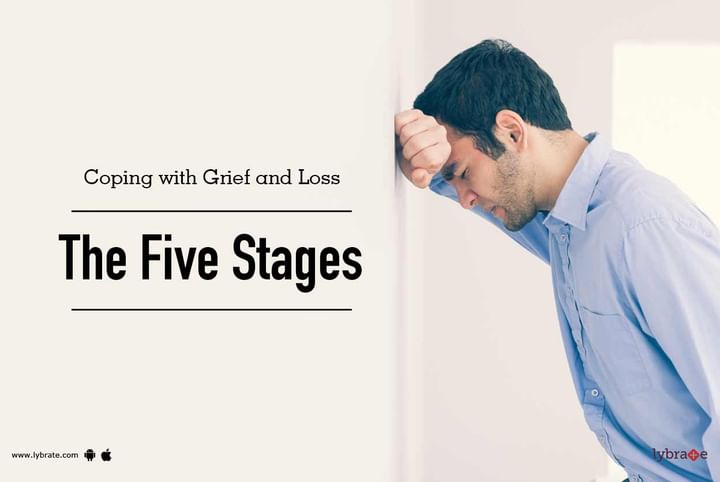Get the App
For Doctors
Login/Sign-up
Last Updated: Jan 10, 2023
BookMark
Report
Coping with Grief and Loss: The Five Stages
Dr. G.P.S.Dhingra DhingraPsychiatrist • 22 Years Exp.CERTIFICATE COURSE IN HOMOEOPATHIC CARDIOLOGY, M.D.(HOMOEO.)PSYCHIATRY, B.H.M.S.(BACHELOR OF HOMOEOPATHIC MEDICINE & SURGERY.)
Loss and grief are two unfortunate partners where the latter follows the former. While the type of grief or the nature of the loss may differ from person to person, there are five distinct stages of loss and grief that all people universally go through, when faced with such a situation.
Here are the five stages of this process and the different ways in which one can cope with each stage:
- Denial and Isolation: In this phase, the patient usually ends up blocking out the words as well as the thoughts and reactions that surround this sad event, which can lead to a numbing action of the brain. While we all do this in some measure during such situations, some people take it especially hard by acting as if nothing has happened at all. If this phase does not come to pass within a short frame of time, then psychological and medical intervention may be required.
- Anger: When a person begins to acknowledge the loss, there is a sense of unfairness which can lead to frustration and anger that is basically the way the person may be dealing with the re-emergence of the pain and the fact that it is here to stay. Therapy and sedation may be required if this frustration and repeated spells of tantrums carries on for a prolonged period. Do not hesitate to talk things out rather than flaring up at this point, as the unchangeable has already happened.
- Bargaining: In this phase, desperation enters the mind of the patient where a lot of 'what ifs' come up. The patient begins to question what if things had been done differently and other such aspects. If not dealt with in an engaging manner and with empathy, this phase can lead back to anger and frustration.
- Depression: Private mourning of the loss and regret to do with the practical aspects like loneliness and the cost of the loss can strike at this stage. Here, the patient must be made aware of rights as well as the people around him or her who can help out to prevent this depression from becoming a full-fledged condition.
- Acceptance: In this final stage, the patient becomes more accepting of this new reality. Yet, even this must be taken up cautiously as a grief stricken heart may lead to a variety of mental ailments in the long run.
The way to deal with these stages is with therapy and proper guidance where the patient is allowed to channel all the thoughts and anger before accepting the situation. Do not hesitate to ask for counselling and embrace the changes in your life without regret, guilt and depression.



+1.svg)
